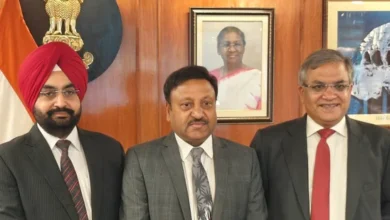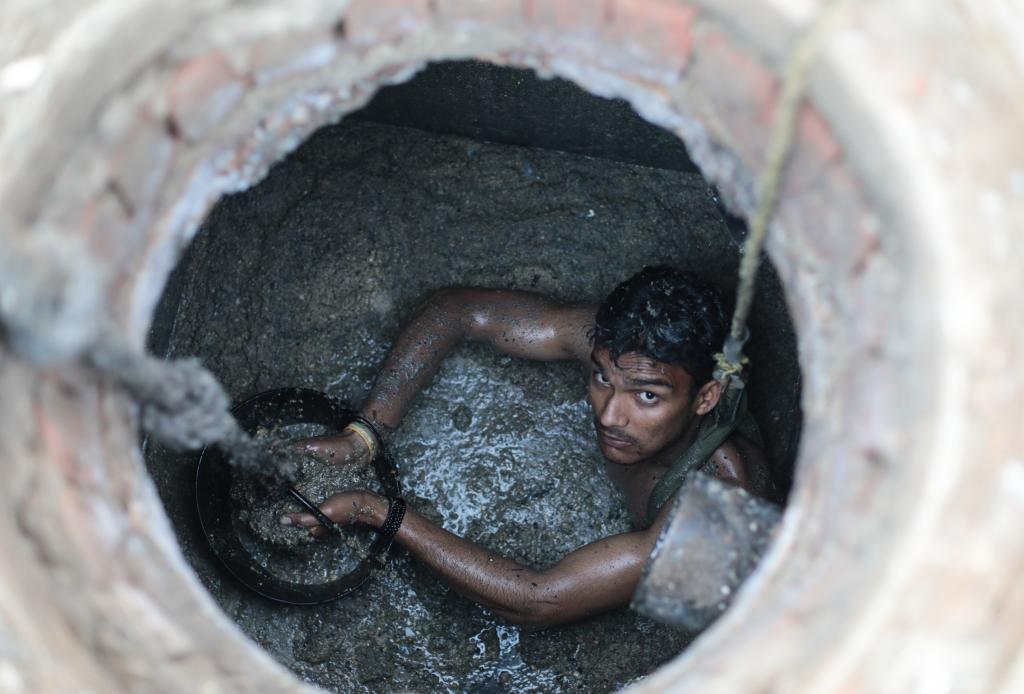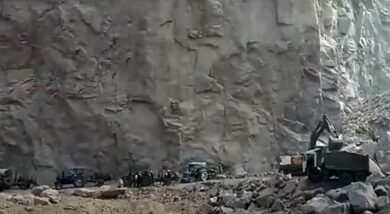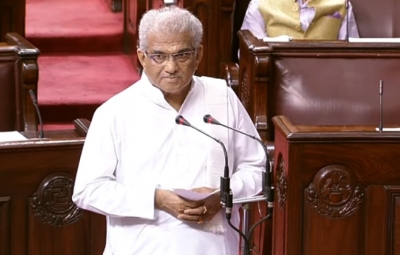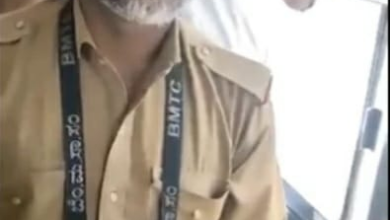‘Azadi Ka Amrit Mahotsav’: PM chairs 2nd national executive meeting

Chandigarh, Dec 23: The second national executive meeting regarding the ‘Aazadi Ka Amrit Mahotsav’ was held under the chairmanship of Prime Minister Narendra Modi on Wednesday.
Union Ministers, Chief Ministers of the States, Lieutenant Governors of Union Territories and office-bearers of the executive committee attended the meeting.
In the meeting, it was decided that during the ‘Aazadi ka Amrit Mahotsav’ several programmes would be organized across the country by 2023.
Haryana Chief Minister Manohar Lal Khattar, Chief Secretary Sanjeev Kaushal, Chief Principal Secretary to Chief Minister D S Dhesi, Additional Principal Secretary to Chief Minister Dr Amit Agrawal, Deputy Principal Secretary to Chief Minister Ashima Brar also remained present in the meeting.
The Prime Minister directed the Chief Ministers to move forward with a new resolution of building a New India by 2047.
The five mantras given during Azadi ka Amrit Mahotsav would be a source of inspiration for every youth, Modi said and added that the committee constituted for organising several programmes during Aazadi ka Amrit Mahotsav should do such constructive work which shows gratitude towards the freedom fighters.
He said public participation should be ensured in these diversified activities.
It is pertinent to mention that programmes of Amrit Mahotsav were started on March 12, 2021, by Prime Minister Narendra Modi with Dandi Yatra and on April 6, 2021, Vice President concluded this Yatra.
Besides this, many programmes were organized virtually and now they are being held through public participation.
The PM said that the 75 years of glorious history of India’s tradition, culture and development to be done in future, will be presented to the people during this Amrit Mahotsav.
Azadi Ke Amrit Mahotsav will be based on freedom struggle winner, thought, determination, achievement and public participation.
The participation of women, tribals, Persons with Disabilities, Dalits and backward classes in these programmes would be ensured to bring them into the mainstream.
The success of Azadi Ka Amrit Mahotsav is being echoed from Panchayat to Parliament. Besides this, posters and slogans of Azadi Ka Amrit Mahotsav are also visible in large numbers in schools, bus stands, ATMs, railway stations etc.


